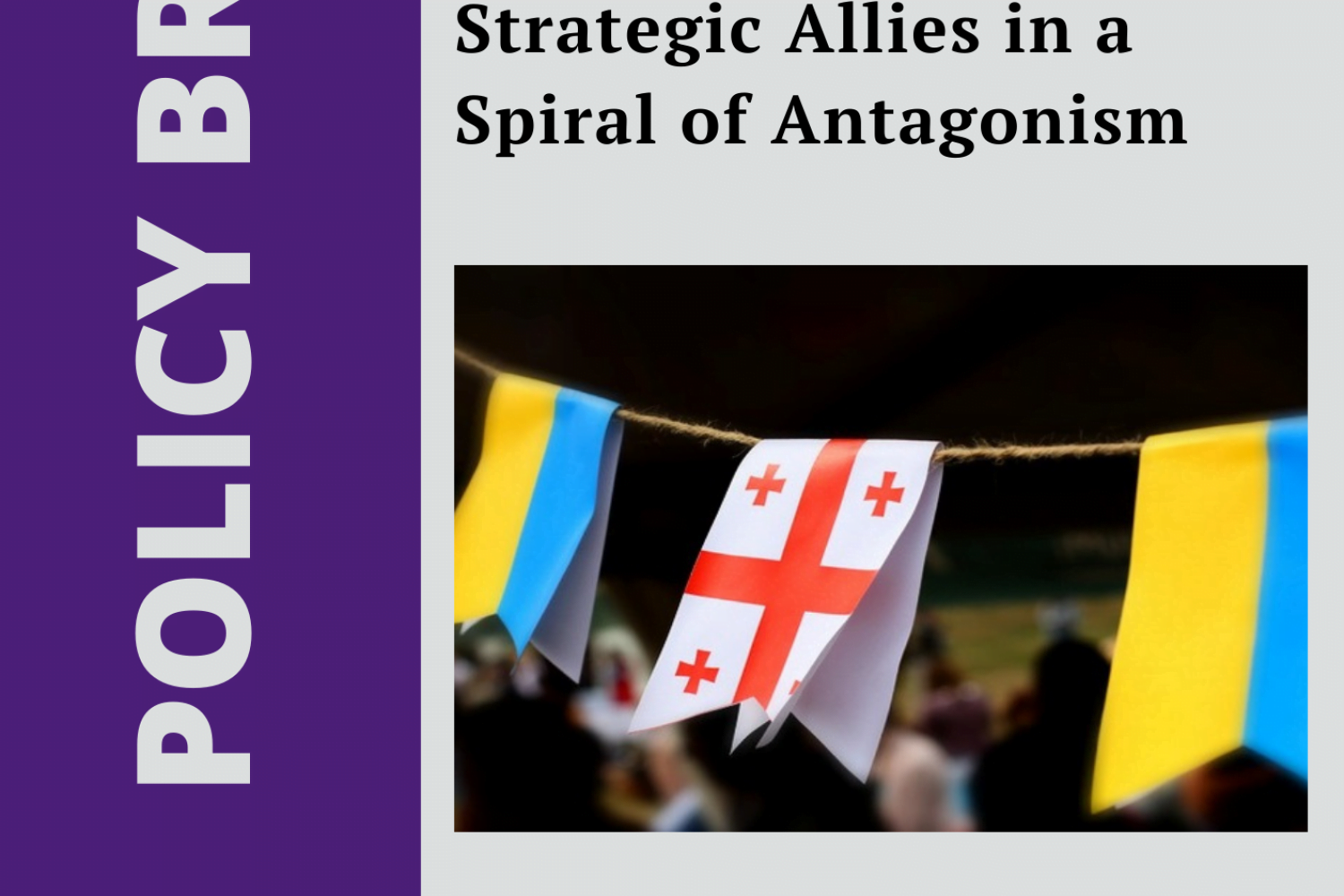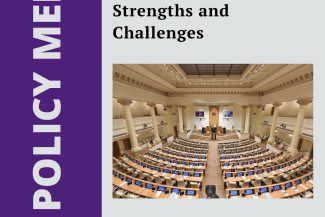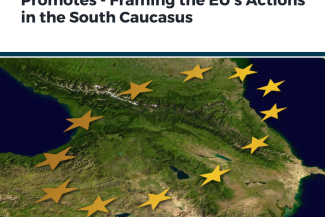06-08-2023
Author
Volodymyr Posviatenko
Relations between Georgia and Ukraine, two countries that have long considered each other close strategic partners, are at a historic low. The period since the beginning of Russia’s full-scale invasion of Ukraine, which has been ongoing for over a year, has been the most challenging period in the history of bilateral relations between the two Black Sea states. There have been numerous disagreements between the two governments, revealing differences in ideology, values, foreign and security policy orientation, as well as a lack of mutual solidarity. As a result, since the outset of the full-scale invasion, already strained relations have been steadily deteriorating. The Georgian government has seemingly acted to spoil traditionally amicable ties, engaging in confrontational rhetoric and accusations against Ukraine. For its part, Ukraine expected a much clearer display of solidarity from the Georgian government and has resorted to radical responses to its actions.
A solution to the crisis in Georgia-Ukraine relations has yet to be found. Firm actions should be taken by the governments of both states to revitalize the strategic partnership and overcome bitter divisions. The Georgian government needs to strongly demonstrate its solidarity with Ukraine and refrain from divisive rhetoric, as Ukraine expects relations with Georgia to be based on reciprocity. In the current geopolitical circumstances, the strategic partnership between Ukraine and Georgia and close relations between the Ukrainian and Georgian peoples remain crucially important for the security of the Black Sea region.
Key words: Georgia, Ukraine, Georgia-Ukraine relations, European Union, Associated Trio, full-scale Russian invasion of Ukraine.
Policy Brief #52 | July 2023









